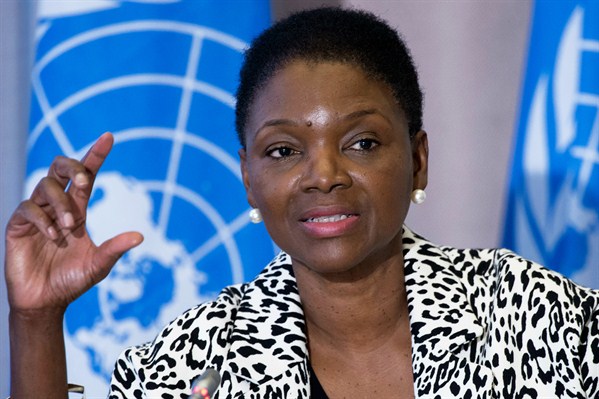The Syrian war, currently overshadowed by its offshoot in Iraq, remains a ruinous blight on international diplomacy. Nearly half a year after the furiously hyped but fundamentally hopeless peace talks between the government and moderate rebels in Geneva, no end to the fighting is in sight. President Barack Obama has requested $500 million from Congress to train and equip rebel forces, suggesting that he is resigned to an extended proxy war with Russia and Iran, which continue to assist Damascus.
Yet while the Geneva talks petered out in February, remnants of international cooperation over Syria have survived. Moscow and Washington have continued to collaborate on their September 2013 agreement to dismantle President Bashar al-Assad’s chemical weapons stockpile. The United Nations Security Council is, at least in theory, committed to getting humanitarian aid into the country, having unanimously passed a resolution in late February insisting on “safe, rapid and unhindered” delivery of relief supplies.
Coupled together, these two points of agreement could be interpreted as a default strategy to contain the war, or at least set some limits on its human consequences. As I noted last week, the Islamist advance into Iraq from Syria has forced the U.S., Iran and Russia into further loose cooperation to save Baghdad from total collapse.

